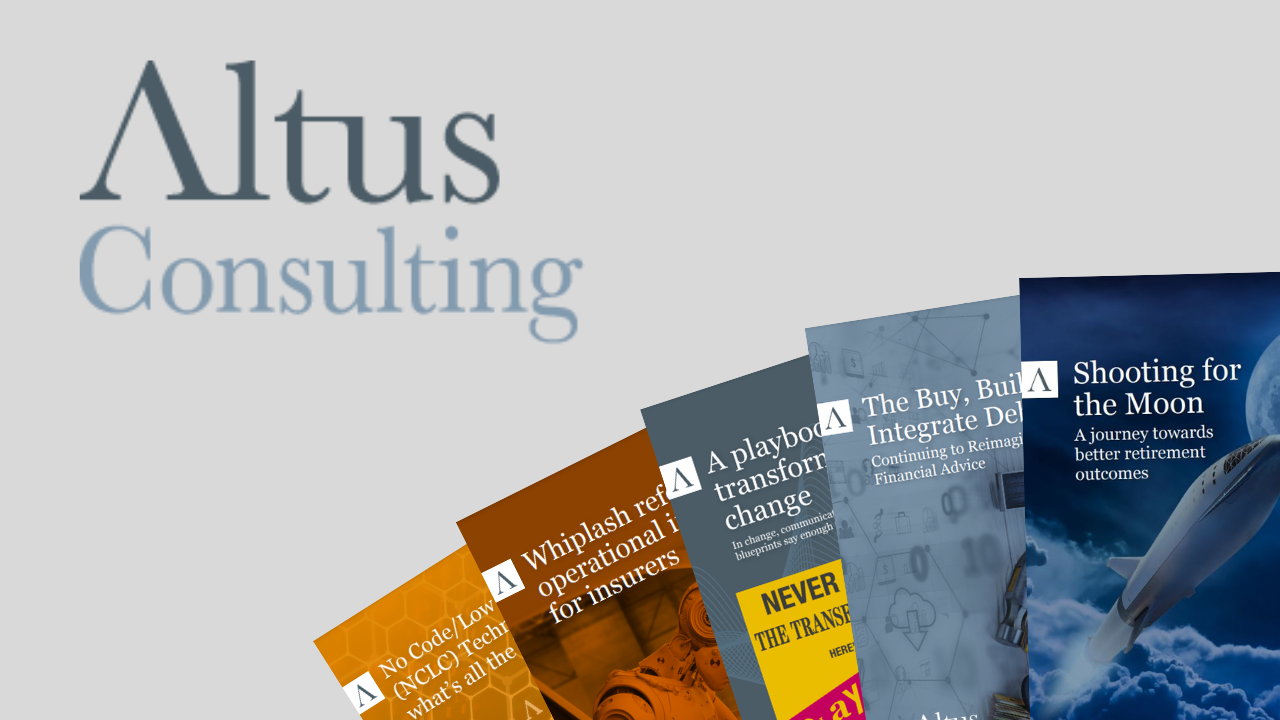As we roll out of the haze of the Christmas and New Year period, thoughts turn to what lies ahead for the coming year. It struck me on the way back from the school run that I’m a statistic in a subject I’m paid to think about professionally – the so-called advice gap. I’m unsure why that realisation hadn’t dawned on me before, but it supported my view that the Financial Services industry continues to make it difficult for people to engage. Perhaps some confirmation bias here, but let’s ignore that.
Through working in the industry, and as an ex-adviser, I should be in a good place. But as I’m sure is the case in many other professions, you don’t always practice in your personal life what you preach at work!
In general, my planning needs are simple – married with two children, mortgage, protection in place, clutching to the dredges of youth, therefore the main goal is to accumulate savings for the medium and longer term. Easy stuff. But I’m just like any other ‘statistic’ in the UK – pension pots languishing in different places and, while I’m being honest, a distinct lack of a considered savings plan.
I know there are financial gaps, yet I don’t need or want financial advice. I need a nudge in the right direction and a constant reminder to keep me on the straight and narrow. For others in what may seem a similar position to me, the need for advice may be greater given relative lack of knowledge in the subject matter, whilst others with less experience may feel confident following targeted signposting here and there. Clearly each situation is different, complexity varies, and the means – perceived or actual – to afford advice in the traditional sense is also a factor.
This is not a critique of the FCA’s initial proposals of the advice-guidance boundary review. I welcome any solution that addresses the nuances described above. Advisers will continue to do a great job for the clients that need ‘advice’, but I am intrigued to see what happens in the ‘low to middle ground’.
Technology has and will certainly continue to play a critical role in shaping the future. The role of AI to engage people, or make processes more efficient, will no doubt continue to grab attention and budgets across the industry in 2024. But my hope is that businesses are primarily led by customers’ needs and issues to address. If AI or other technologies meets those things, great. Yet this is where some incumbents are getting it so wrong.
In looking to fix my own gaps, I tried to access my account in the app of a prominent UK Financial Services business. Of course, it had been that long I couldn’t remember the password and had since moved address and not updated it. The app would not allow me to re-set the password and prompted a call to the contact centre. I explained the situation and ten minutes later ended the call having to write a letter to confirm change of address and enable an online password re-set for mine and my daughter’s accounts. This was November. Being inherently lazy, generally time-poor given the myriad of kids’ clubs and general family life, that letter is still unwritten, and two accounts still feel very unloved.
How can this be so different to a banking app I hadn’t used in a while that took under ten minutes to re-confirm my identity including an upload of my passport photo? All digital, minimal hassle, no forms, no writing letters, no horrors about visiting the post office in person – who’d have thought it?
So, if businesses think more about what customers really need and what matters to them, make it easy for them to do it, in terms they understand, whether online or offline – joined up where it is both – we may see people more willing to engage. I’m unconvinced of the overall impact on societal laziness, though.




